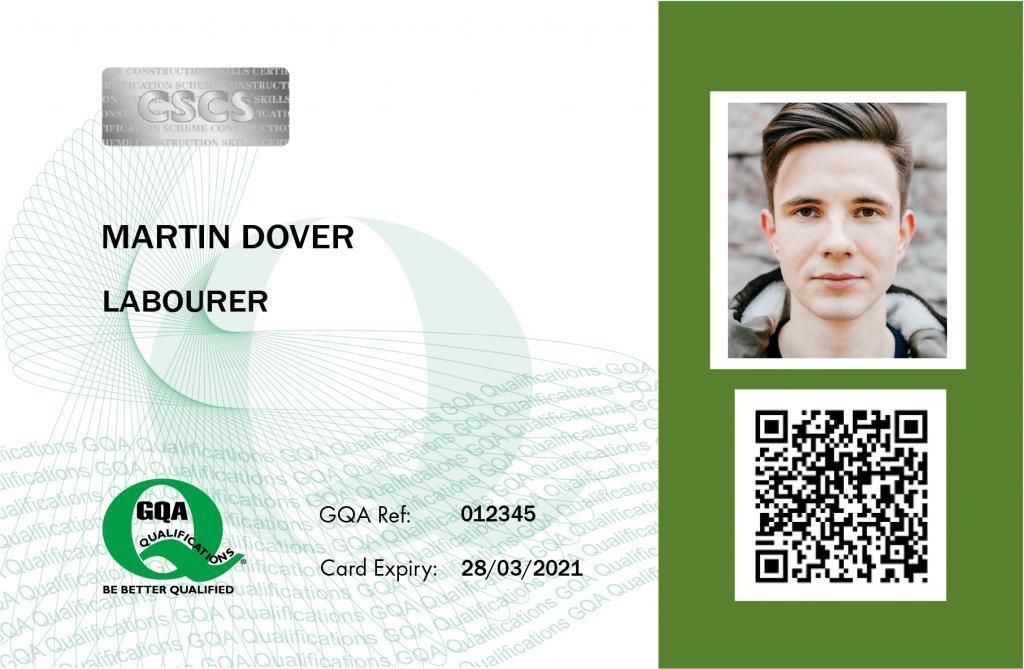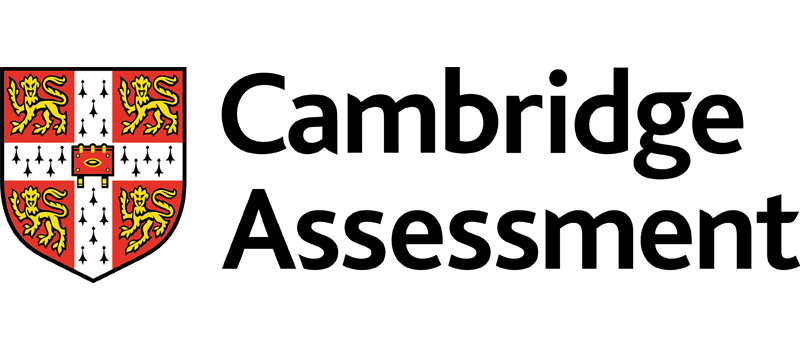
Nutrition and Exercise for Mental Wellness
Course ID: 2510200101315ESH
Course Dates : 20/10/25 Course Duration : 5 Studying Day/s Course Location: London, UK
Language: Bilingual
Course Category: Professional and CPD Training Programs
Course Subcategories: Operations and Process Excellence
Course Certified By: ESHub CPD & LondonUni - Executive Management Training
* Professional Training and CPD Programs
Leading to:
Executive Diploma Certificate
Leading to:
Executive Mini Masters Certificate
Leading to
Executive Masters Certificate
Certification Will Be Issued From :
From London, United Kingdom
Course Fees: £5,120.30
Vat Not Included in the price. VAT may vary depending on the country where the course or workshop is held.
Click to Pay
Date has passed please contact us Sales@e-s-hub.com
Course Information
Introduction
Mental wellness has emerged as a critical priority in both personal and professional spheres, driven by increasing awareness of its profound impact on productivity, relationships, and overall quality of life. Despite this growing recognition, many individuals and organizations still struggle to address mental health holistically. Traditional approaches often focus narrowly on psychological interventions while neglecting the foundational role of physical health—specifically nutrition and exercise—in fostering resilience and emotional stability. This course bridges that gap by offering an interdisciplinary exploration of how dietary habits and physical activity influence mental well-being.
The intricate connection between physical health and mental wellness is supported by robust scientific evidence. For instance, studies have demonstrated that nutrient deficiencies can exacerbate symptoms of anxiety and depression, while regular exercise has been shown to reduce stress and improve mood through mechanisms such as endorphin release and neurogenesis. Yet, despite these findings, there remains a significant knowledge gap among professionals tasked with promoting mental wellness. Many lack the tools to integrate nutritional and exercise strategies into their practice effectively, leading to fragmented care and suboptimal outcomes.
Consider the case of a corporate wellness program implemented at a mid-sized tech company. Initially focused solely on mindfulness workshops, the initiative yielded limited results. However, when nutrition counseling and group fitness activities were incorporated, employee engagement soared, absenteeism declined, and self-reported mental health scores improved dramatically. This example underscores the transformative potential of adopting a more comprehensive approach—one that aligns seamlessly with the objectives of this course.
Modern frameworks like the biopsychosocial model emphasize the interplay between biological, psychological, and social factors in shaping health outcomes. By grounding our curriculum in this model, we provide participants with a nuanced understanding of how lifestyle choices interact with mental health. Furthermore, insights from positive psychology highlight the importance of proactive measures in building mental resilience, reinforcing the value of preventive strategies rooted in nutrition and exercise.
Professionals across various fields stand to benefit immensely from mastering this content. Human resources managers, for example, can design workplace wellness initiatives that foster healthier, happier teams. Educators can equip students with lifelong skills for managing stress and enhancing cognitive performance. Healthcare providers can expand their toolkit to offer more integrative care plans. The ripple effects extend beyond individual practitioners to entire organizations, which gain a competitive edge through improved employee morale and reduced healthcare costs.
Ultimately, this course represents more than just an educational opportunity; it is a call to action. As societal pressures mount and mental health challenges become increasingly prevalent, the need for informed, skilled advocates has never been greater. Participants will leave equipped not only with theoretical knowledge but also with practical strategies they can implement immediately. Whether you are seeking to enhance your professional expertise or contribute meaningfully to the well-being of others, this course provides the foundation for lasting impact.
Objectives
By attending this course, participants will be able to:
Analyze the physiological mechanisms through which nutrition and exercise influence brain function and mental health.
Evaluate current research on dietary patterns and their correlation with mental wellness outcomes.
Design personalized nutrition and exercise plans tailored to specific mental health goals (e.g., reducing anxiety or improving focus).
Implement evidence-based techniques for integrating physical activity into daily routines to support mental resilience.
Apply motivational interviewing strategies to encourage sustainable behavior change among clients or colleagues.
Assess compliance requirements for workplace wellness programs and ensure alignment with industry standards.
Synthesize interdisciplinary insights from psychology, nutrition science, and kinesiology to develop holistic mental wellness interventions.
Who Should Attend?
This course is ideal for:
HR managers and workplace wellness coordinators seeking innovative ways to enhance employee mental health.
Mental health counselors and therapists aiming to broaden their therapeutic repertoire.
Fitness trainers and nutritionists interested in specializing in mental wellness coaching.
Educators and school administrators looking to promote student well-being through lifestyle interventions.
Healthcare professionals eager to adopt a more integrative approach to patient care.
These groups will find the course invaluable because it equips them with actionable strategies to address unmet needs in their respective fields. While prior knowledge of nutrition or exercise science is beneficial, the course is designed to accommodate beginners and intermediate learners alike, ensuring accessibility without compromising depth.
Training Method
• Pre-assessment
• Live group instruction
• Use of real-world examples, case studies and exercises
• Interactive participation and discussion
• Power point presentation, LCD and flip chart
• Group activities and tests
• Each participant receives a 7” Tablet containing a copy of the presentation, slides and handouts
• Post-assessment
Program Support
This program is supported by:
* Interactive discussions
* Role-play
* Case studies and highlight the techniques available to the participants.
Daily Agenda
Daily Schedule (Monday to Friday)
- 09:00 AM – 10:30 AM Technical Session 1
- 10:30 AM – 12:00 PM Technical Session 2
- 12:00 PM – 01:00 PM Technical Session 3
- 01:00 PM – 02:00 PM Lunch Break (If Applicable)
- Participants are expected to engage in guided self-study, reading, or personal reflection on the day’s content. This contributes toward the CPD accreditation and deepens conceptual understanding.
- 02:00 PM – 04:00 PM Self-Study & Reflection
Please Note:
- All training sessions are conducted from Monday to Friday, following the standard working week observed in the United Kingdom and European Union. Saturday and Sunday are official weekends and are not counted as part of the course duration.
- Coffee and refreshments are available on a floating basis throughout the morning. Participants may help themselves at their convenience to ensure an uninterrupted learning experience Provided if applicable and subject to course delivery arrangements.
- Lunch Provided if applicable and subject to course delivery arrangements.
Course Outlines
Foundations of Mental Wellness
Overview of the biopsychosocial model and its relevance to mental health.
Key nutrients and their roles in brain health (e.g., omega-3 fatty acids, magnesium).
Understanding the gut-brain axis and its implications for mental wellness.
Introduction to common mental health disorders and their physiological underpinnings.
Day 2:
Nutrition Strategies for Mental Health
Analyzing popular diets and their impact on mood and cognition (e.g., Mediterranean diet vs. Western diet).
Identifying nutrient deficiencies linked to mental health issues.
Meal planning principles for optimizing mental wellness.
Debunking myths about "superfoods" and supplements.
Day 3:
Exercise and Mental Resilience
The science behind exercise-induced neurogenesis and mood enhancement.
Types of exercise most effective for different mental health goals (e.g., yoga for stress reduction).
Overcoming barriers to physical activity adoption.
Incorporating movement into sedentary lifestyles.
Day 4:
Practical Applications and Compliance
Developing workplace wellness initiatives that comply with legal and ethical standards.
Techniques for engaging diverse populations in wellness programs.
Case study analysis: Successful integration of nutrition and exercise in real-world settings.
Tools for measuring program effectiveness and participant satisfaction.
Day 5:
Advanced Topics and Future Trends
Emerging trends in mental wellness research (e.g., personalized medicine).
Leveraging technology for remote wellness coaching.
Ethical considerations in promoting lifestyle changes.
Creating a roadmap for ongoing professional development in this field.



















































